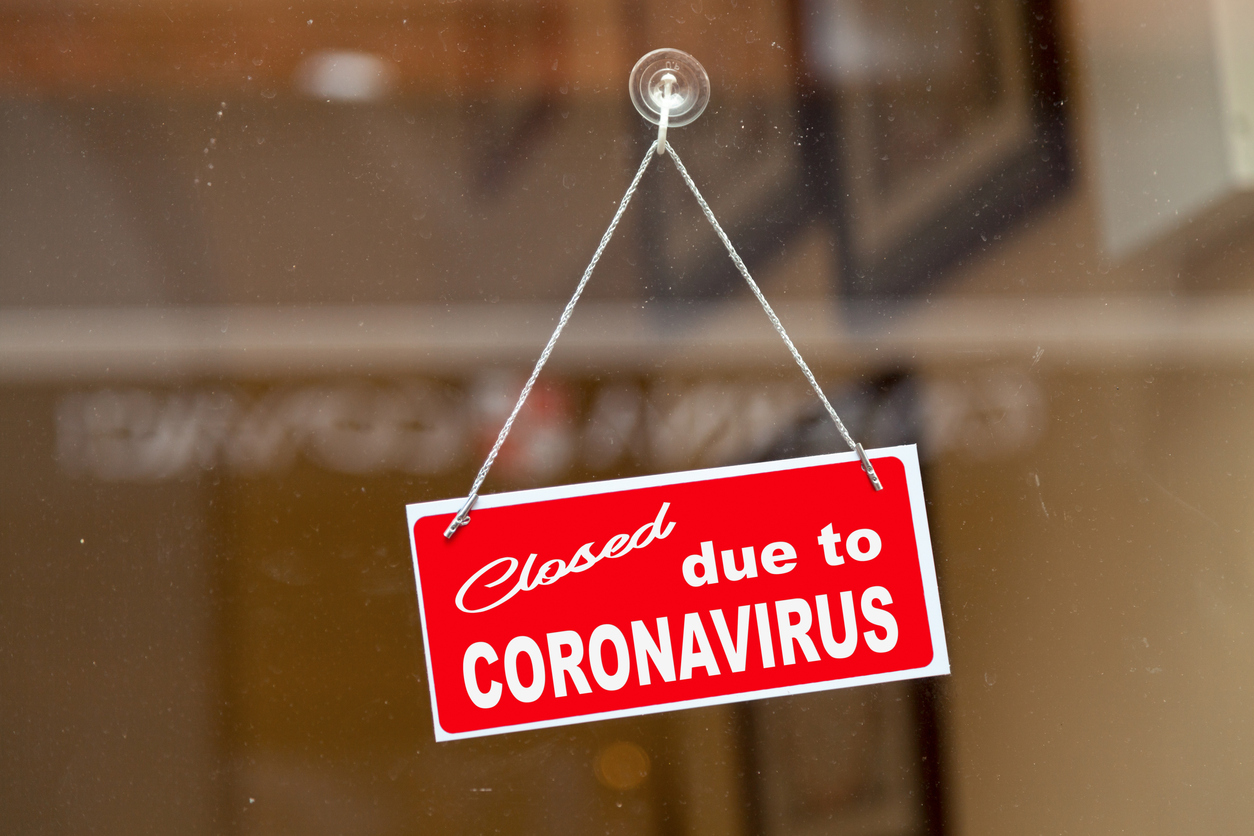As he had been hinting at during his daily briefings all week, today Gov. Mike DeWine officially announced the extension of the state’s stay at home order. The previous order, which went into effect at midnight on March 23, was set to expire this coming Monday; the new order will extend through May 1, 2020.
The stay at home order is the one that contains the categories of essential businesses that are allowed to continue to operate. The extended order makes some minor changes to this list, primarily by incorporating the updated CISA guidance that was issued on March 28. The updated CISA guidance gives additional clarity and includes a heavier emphasis on all segments of the energy and fuel sectors (specifically nuclear, renewable, coal, and gas), as well as mining. The Ohio Chamber has highlighted the additions or clarifications made by CISA in the revised 2.0 version of its guidance.
There are two other major changes in the new order that are of importance to employers. First, specific to essential businesses that are retailers, it puts into place additional health and safety precautions with which these stores must comply in order to remain open. These new precautions include:
- Stores shall determine and enforce a maximum capacity of customers permitted to be in the store at any one time while safely observing the six-foot social distancing requirement. The governor said the order intentionally does not set that number, as it will be different for each store based on square footage and other factors. Each business will need to determine its own maximum capacity;
- This maximum capacity number must be posted at every store entrance;
- Stores must ensure that shopping carts and baskets are properly cleaned between customers; and
- If the store puts in place a line to separate customers either inside or outside the store, the six-foot distance must be maintained.
Second, the order establishes a dispute resolution process, the intent being to ensure fair treatment and enforcement among similar businesses located in different local health department jurisdictions. If a business experiences inconsistent treatment, the conflict can be submitted to the Ohio Department of Health. A three-person Dispute Resolution Commission, to be comprised of the directors of the Ohio Department of Commerce and Ohio Development Services Agency and the chairman of the Public Utilities Commission of Ohio, will review the conflict and make a determination.
Another change of note in the new order is a 14-day self-quarantine for anyone traveling into Ohio with the intent to stay. This provision does not apply to “persons who as part of their normal life live in one state and work or gain essential services in another.” Therefore, it should not – and is not intended to – cause interruption to businesses or employees.
Also today, Lt. Gov. Jon Husted announced that the state’s coronavirus web portal, coronavirus.ohio.gov, now has a job search platform, where employers can post job openings and workers can apply. According to the Lt. Gov., the site already contains nearly 12,000 job openings. Many industries and companies are in desperate need of additional employees to meet the surge in demand created by the coronavirus pandemic.
